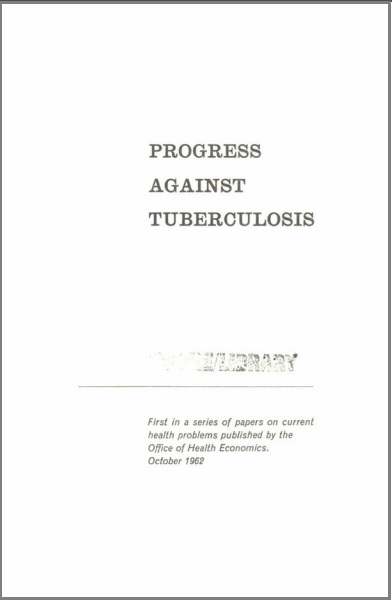Sign up to our newsletter Subscribe
Analysing Global Immunisation Expenditure

It is a pleasure to write a short Preface to the first booklet issued by the Office of Health Economic. For too long our attitude to the economics of medicine has been limited to a simple computation of costs without much attempt to assess the economic saving, …
It is a pleasure to write a short Preface to the first booklet issued by the Office of Health Economic. For too long our attitude to the economics of medicine has been limited to a simple computation of costs without much attempt to assess the economic saving, as well as the humanitarian benefits, which accrue from improved medical care. The cost of drugs receives great publicity nowadays—and it must be confessed that our drug bill is a formidable one—but it must be remembered that the economic benefit to England and Wales resulting from the use of the anti-tubercular drugs alone is approximately £55 million a year, or more than half the cost of the expenditure of the National Health Service on all drugs to treat all disease. Other specific drugs against other major diseases have already achieved human and economic savings of a somewhat similar magnitude.
The aims of the Office of Health Economics are clearly stated elsewhere in this booklet, and its success could lead to an improvement in our understanding of the many complicated factors that determine, and the wide repercussions which result from, health and disease.
The present booklet discusses in a lucid fashion the economic advantages resulting from the control of tuberculosis. I have found it particularly interesting, as I have been fortunate to practise and teach medicine during this era in which the disease, from being a major cause of death and morbidity—particularly amongst the young—has been controlled and to some extent eliminated by a combination of improved standards of living and, more importantly, by the effective use of drugs. The economic and social advantages of this need no further emphasis from me.
The pharmaceutical industry is to be congratulated on taking the initiative in sponsoring the Office of Health Economics. I sincerely hope it will have the success it merits.
Progress against Tuberculosis


